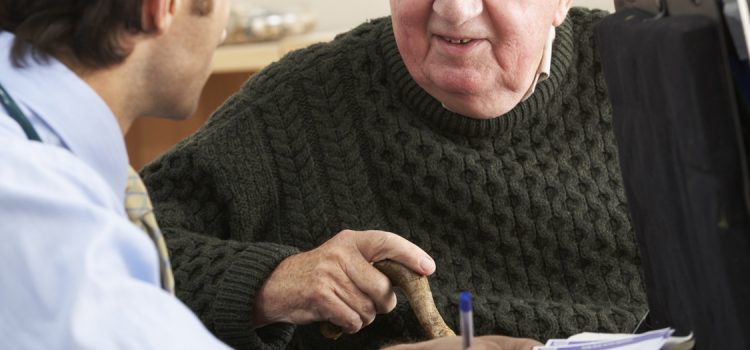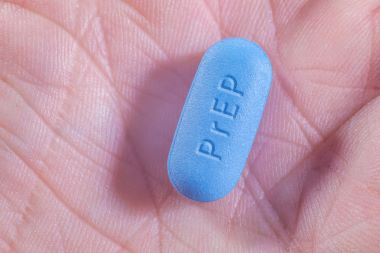Patients can get flu shots—and now, COVID-19 vaccines—in a lot of locations other than your urgent care center. And certainly providing a couple of vaccines is not going to be a significant revenue stream. However, with so many people still in need of both, encouraging as many of them as possible to receive both vaccines could be viewed as a public service—and one that could help introduce you to countless families who could become long-term …
Read More









